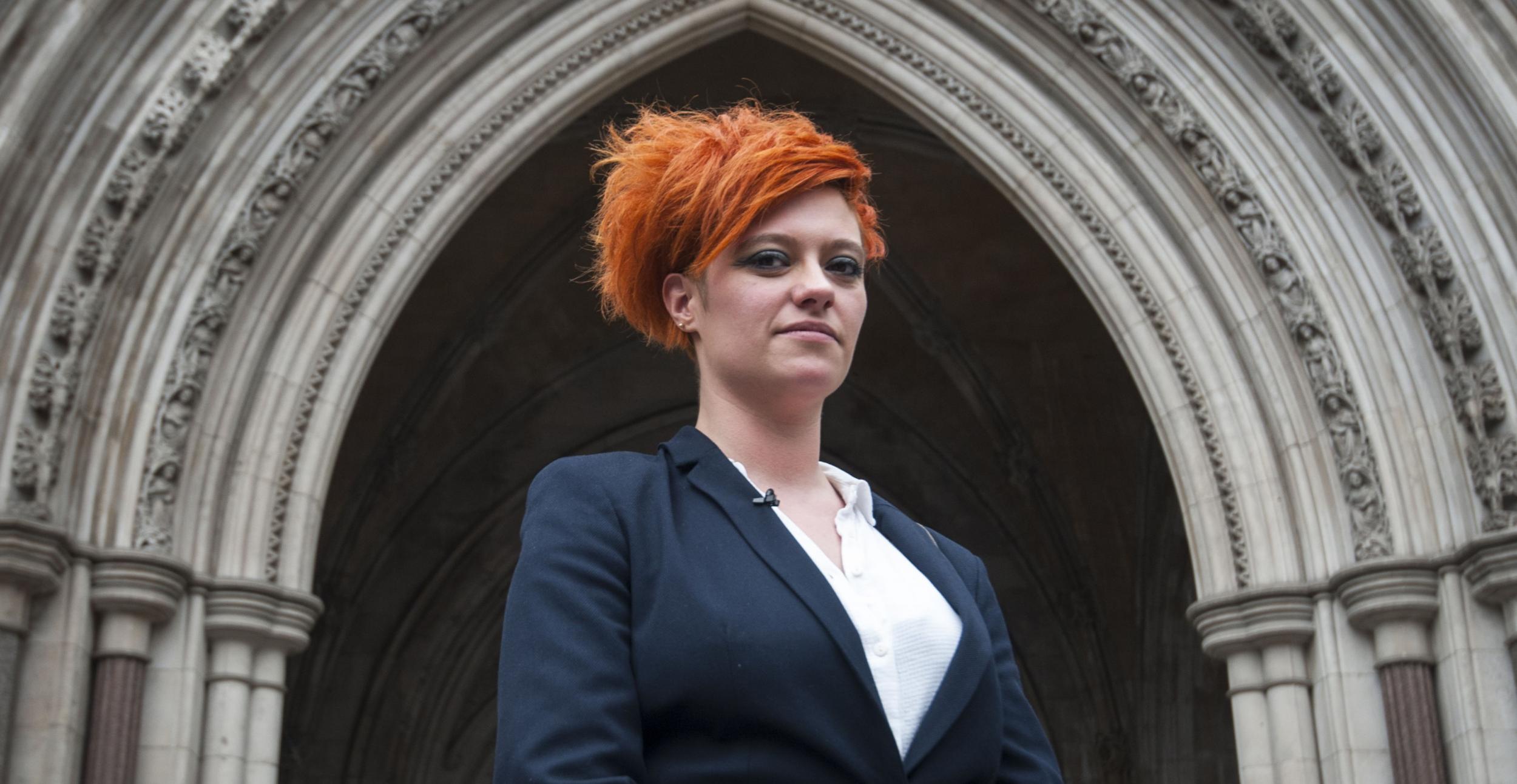If we stop tweeting for fear we might get sued, only right-wing nationalist politicians will benefit
Libel ruling in writer Jack Monroe’s favour is well-deserved, but courts must be wary of overregulating social media


Your support helps us to tell the story
From reproductive rights to climate change to Big Tech, The Independent is on the ground when the story is developing. Whether it's investigating the financials of Elon Musk's pro-Trump PAC or producing our latest documentary, 'The A Word', which shines a light on the American women fighting for reproductive rights, we know how important it is to parse out the facts from the messaging.
At such a critical moment in US history, we need reporters on the ground. Your donation allows us to keep sending journalists to speak to both sides of the story.
The Independent is trusted by Americans across the entire political spectrum. And unlike many other quality news outlets, we choose not to lock Americans out of our reporting and analysis with paywalls. We believe quality journalism should be available to everyone, paid for by those who can afford it.
Your support makes all the difference.The primary lesson from Friday’s libel ruling in the case between Jack Monroe and Katie Hopkins is clear: be careful what you tweet. A further lesson is perhaps even clearer: when you know you have made a mistake, fess up and be done with it. Alternatively just avoid using social media altogether; Twitter ye not.
Will these lessons be learned though? The fact is we already knew that a tweet could be considered by the courts to be libellous. In 2013 the Conservative peer Lord McAlpine successfully sued Sally Bercow over a tweet which was held to allege his guilt over sexually abusing boys. Bercow paid undisclosed damages and was ordered to apologise in open court. The ruling against her, she said, “should be seen as a warning to all social media users”. Evidently Katie Hopkins didn’t get the memo.
On its own merits, the judgment in favour of Monroe is welcome. It reasserts the point that Twitter is not a free-for-all: the laws of the land apply to tweets as plainly as they would to any form of publishing. It also provides Monroe with long-desired vindication over a claim which Hopkins knew to be untrue very swiftly after it was made – that Monroe condoned and approved of vandalising war memorials. In the midst of the great debate over “fake news”, it is comforting that the courts are willing to help truth speak to power, and the power of a bully at that.
Hopkins’ defence rested in part on the contention that Twitter is the “Wild West” of social media and is known by users not to carry the authority of, for instance, a mainstream publisher. In short, you can’t believe what you read, which is an odd defence to maintain for a radio presenter and media columnist – even one who falls into the “rentagob” category. No wonder Hopkins didn’t fancy giving evidence in person. “That’s right m’lud, nobody believes a word I say so where possibly can the harm lie?!”
Oddly enough though, I have always had a certain degree of sympathy with the basic premise which Hopkins’ legal team sought to rely on. Twitter has always seemed a fascinating place which it doesn’t do to take too seriously – funny, informative, but not worth getting upset over when it turns nasty. I have, it’s true, suffered little by comparison with many others but I’ve tended to the view that, for the most part, it’s better to ignore the hate and the untruths than to rise to it or be distressed by it.
Monroe’s own family connections to the military meant there was an understandable reason to be particularly aggrieved by Hopkins’ erroneous claim – which appeared to stem from her confusing Monroe with the commentator Laurie Penny. But even beyond the particulars of this case, there are plenty who will argue it is an apt time to reconsider where the balance between freedom and responsibility lies on social media. We have, after all, seen in the last year how much those staples of our online world – Twitter, Facebook et al – can be used for ill.
For a start they are platforms which enable trolls to target the powerful and vulnerable alike – witness, for instance, the death threats made against everyone from MPs to campaigners like Gina Miller or Caroline Criado-Perez and even those who have already been victims of crime (it is notable that women suffer especially). But beyond that we now have to consider whether the deliberate dissemination of untrue information – chiefly via Facebook – is having a decaying effect on the foundations of Western democracy.
And yet still we should be wary of cracking down too heavily on social media’s murkier edges. Monroe’s court win should be regarded very much as an exception, where a clear libel required redress. Likewise, while it is right that criminal acts of harassment online should be duly punished, we must be cautious about seeking to expand the definition of illegal behaviour when it comes to comments made on Twitter. And as for seeking somehow to regulate fake news, well – good luck with that.
The reason for caution goes beyond merely the importance of maintaining free expression per se. Populists such as Donald Trump or Marine Le Pen have gained ground by playing on notions that the establishment is involved in a stitch-up against the common man. This includes claims that truth is stifled by authorities.
Every attempt to use the law or other regulatory mechanisms to limit what can be said on social media will be slotted neatly into this narrative. And that, in the end, is not the way to combat rubbish or hate.
Join our commenting forum
Join thought-provoking conversations, follow other Independent readers and see their replies
Comments